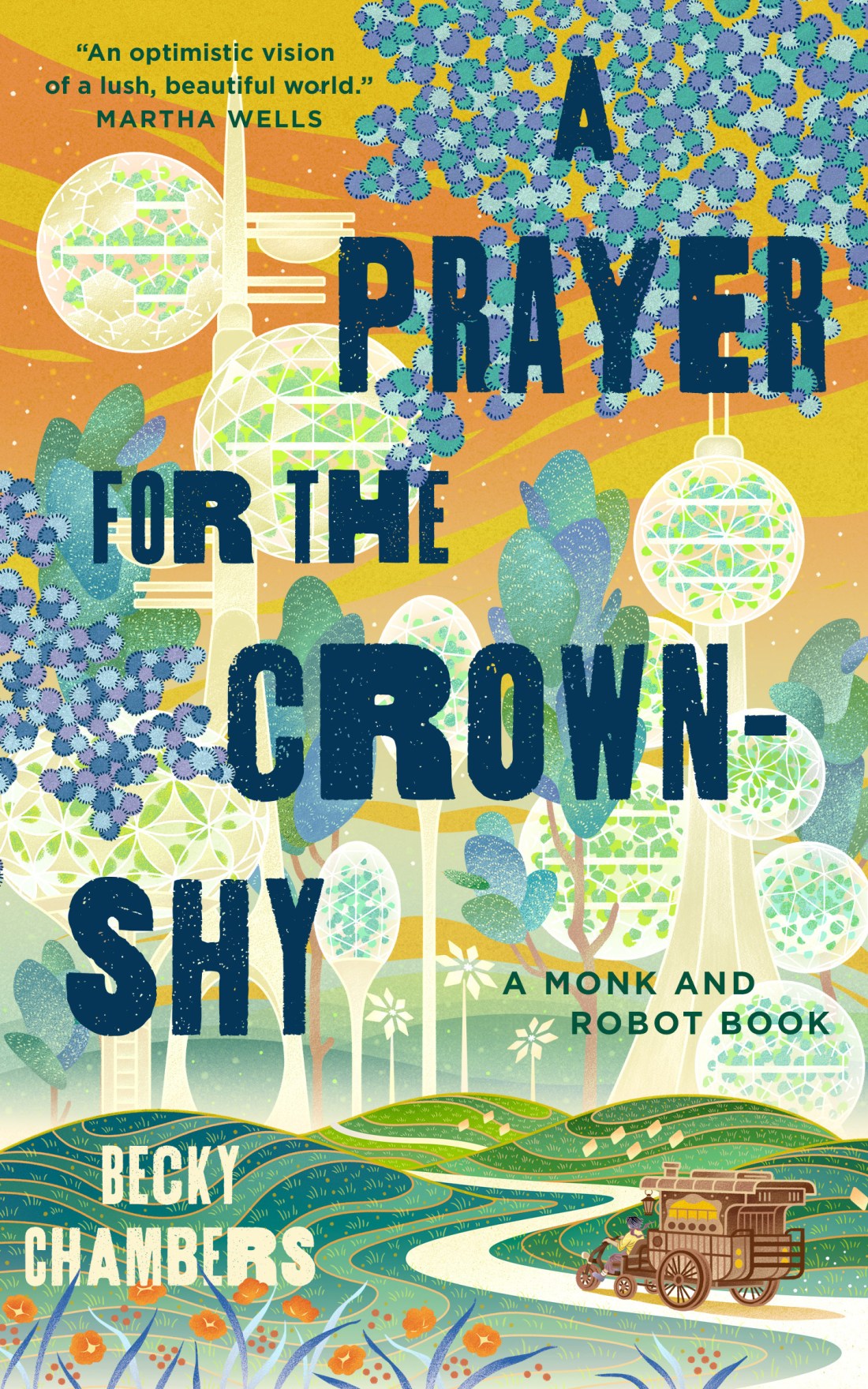mollymay5000 reviewed A Prayer for the Crown-Shy by Becky Chambers (Monk and Robot, #2)
Somewhat underwhelmed
3 stars
I really loved A Psalm for the Wind-Built and signed out A Prayer for the Crown-Shy immediately after finishing it (a rarity for me). However, I found this follow-up to be a bit underwhelming. I didn't see the same type of development of Dex and Mosscap that I so loved in the first book—everything just kind of coasted along without tension. I realize these books are meant to be comfortable and cozy, but I just couldn't enjoy this as much as the first book. Perhaps it was the way the two of them jumped from settlement to settlement that made it hard to connect with the story in a way that it wasn't for the first book. I'm not really sure. It wasn't bad, just not a book I could really be excited about.









